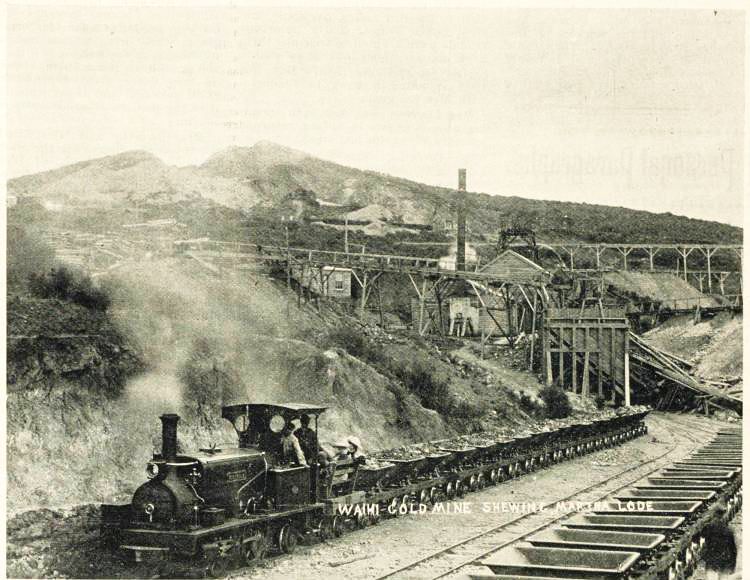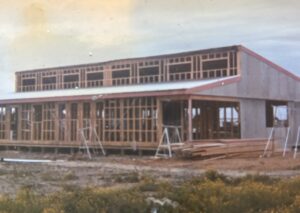As part of a Valley Profile series, MEGHAN HAWKES searches through old newspapers to bring you the stories Thames Valley locals once read about themselves.
1955
The sound of the mine whistle over Waihī marked the end of an era for the Martha Gold Mining Company Ltd. With the exhaustion of quartz reserves, a decision to close the mine had been made in 1952.
The 640 men formerly employed at its peak dwindled to only six remaining on closing day. They were mostly long term employees who had carried out administrative and demolition work.

Scrap metal from the abandoned Martha gold mine was loaded on the Norwegian vessel William Charlick IV. The ship took 800 tons of metal to Kobe, Japan. Much of the metal was to be used in parts of quartz crushers, roofing and machinery. During its working life the mine produced more gold and silver than any other mine in New Zealand. Waihī’s future was expected to be that of a town for a steadily developing farming area and the centre for popular beach resorts.
BUS ACCIDENT
An Auckland-Tauranga Railways Road Services bus plunged 20ft into the Waitakaruru River, injuring four people, after crashing through a small bridge three miles from the township. The bus was carrying about 10 passengers. The injured were taken to Thames Hospital by ambulance. The bus fell into the river bed on its back, and then rolled over on its side. There was only 2ft of water in the bus due to a recent dry spell. It was raining fairly heavily at the time of the accident.
FOUNDATION STONES LAID
The Minister of Health qualified for the title of New Zealand’s fastest layer of foundation stones. At Thames Hospital he mounted a dais, declared a stone “well and truly laid” and disappeared—all in three minutes 30 seconds. A heavy shower of rain, which sent everyone scurrying for cover, was to blame. The ceremony – to mark the beginning of a £273,000 construction job – was continued indoors. Having dried off, the Minister continued his speech.
CYCLIST REFUSED BED
A peevish police sergeant at Paeroa cast a pall over a pensioner’s otherwise remarkable achievement.
Seventy one year old Alfred Brown from Christchurch had ridden 1000 miles on a power cycle of his own invention. The cycle used a 9hp Italian motor on an English bicycle frame, had its own power-generating plant and averaged around 12 miles an hour. Alfred visited tourist spots along the way and stayed mainly in hotels at night because it was too wet to use his tent.
Twice, however he had to make do with local Police stations, except at Paeroa where the police sergeant would not accommodate him and he had to sleep in the church hall.




